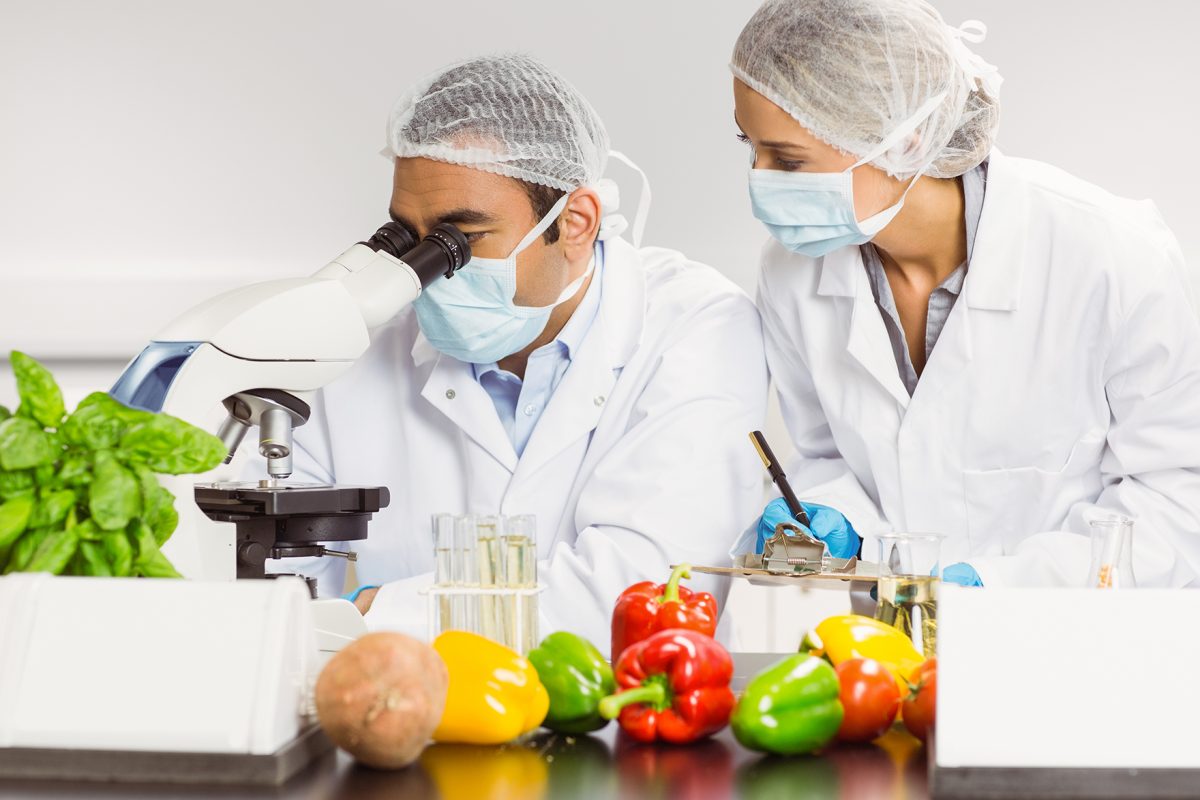
Foods
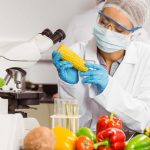 |
Technological Center for Food InnovationsThis initiative, financed by CORFO, is led by Professor Ricardo Pérez in collaboration with the Universidad de Chile, the Universidad de Talca, the Universidad de la Frontera, Fraunhofer Chile, Fundación Chile, Harting S.A., and Alimentos y Bebidas de Chile AG. This project includes the installation of a scaled semi-industrial plant for piloting and developing innovations for the national food industry. Learn more at www.cetalimentos.cl. |
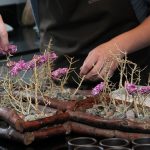 |
Laboratory of Gastronomical EngineeringJosé Miguel Aguilera (2008 National Award Recipient in Applied and Technological Sciences) works with chefs, engineers, and farmers to develop natural, healthy ingredients that can be used in innovative gastronomical processes, ultimately creating a virtuous loop between good food, taste, and wellbeing. |
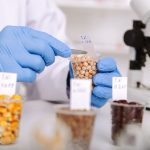 |
Microstructural analysis of foodsThis research group is led by Professor Pedro Bouchon and has the first computed micro-tomography machine in Chile, as financed through FONDEQUIP. This instrument allows for a nondestructive microscopic analysis of foods and snacks, thereby facilitating the creation of new products and the analysis of cooking and storage processes. |
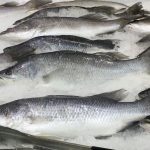 |
Development of edible polymeric filmsThe Chilean fruticulture and fishery industries are among the most dynamic export sectors in the country. Through a FONDEF project, Professor Loreto Valenzuela developed an edible polymeric film that extends the shelf life of fresh salmon. This innovation resulted in the foundation of FishExtend, a spin-off company. |
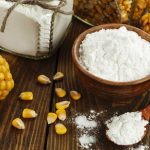 |
Formation and degradation of food matrix models based on proteins and starch (FONDECYT 2015 – 2018)Starch is an important component in western diets and is a principal source of energy. However, starch digestion varies and is related to the structure and composition of the food matrices in which it is found. Using laboratory-based gelification methods for protein and starch mixtures, the microstructure and digestibility of distinct protein-starch matrices can be determined. This allows investigators to predict the influence of these matrices on health and to design new foods. |
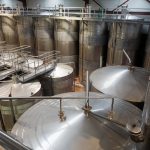 |
Defining exportable crop sizes for vineyards: possible formulas and solutions for operating under uncertainty through deferment models (FONDECYT 2015 – 2018)The wine-exports sector faces a number of interrelated operational and logistical challenges inherent to the seasonality of the farming cycle and uncertainty of demand. This project aims to analyze deferment models for uncoupled production stages. These models will serve as a basis for inventory-planning systems under conditions of uncertainty for vineyards dedicated to exportation. |
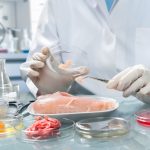 |
Chemical safety of foods: effects on nutrition and human health (FONDEQUIP 2014)Ensuring food safety and traceability is one of the many challenges faced by the food industry. Professor Franco Pedreshi is leading a study on food contaminants centered on monitoring the production of acrylamide, furan, and other neocontaminants generated at high temperatures. This monitoring is conducted by using an ultra-performance liquid chromatography – tandem mass spectrometer (UHPLC-MS). |
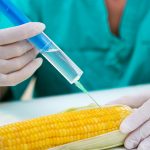 |
Regulating the bioavailability of starch in starchy matrices processed under vacuum pressure (VRI 2016 – 2018)The bioavailability of glucose and the energy it contains is largely determined by how foods rich in starch are processed. Vacuum-based cooking and frying techniques permit modifying the starchy matrix and regulating the digestion process and bioavailability of released sugars. These modifications have direct impacts on human health. |
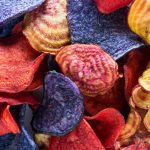 |
Method for reducing fat contents and improving quality parameters in fruit- and vegetable-derived chips, application of reduced-pressure frying and inclusion of a centrifugation stage (VRI Patenting Challenge 2016 – 2017)Vacuum-based frying decreases the temperature and quantity of oil needed to obtain snacks with optimal organoleptic traits and a healthier composition. |
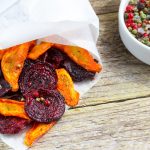 |
Platform technology to produce healthy snacks: finalization of prototype and customer evaluation (VRI Accelerator Challenge 2017)This project is overseen by Professor Pedro Bouchon. |
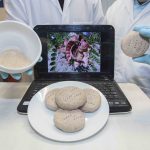 |
Mitigation of neocontaminants in starchy Chilean foods and effects thereof on consumer perception (FONDECYT 2015 – 2019)Some desirable traits of massively consumed starchy foods in Chile (e.g., bread, cookies, and potato chips) are produced through high-temperature cooking. These conditions also generate toxic compounds known as neocontaminants (e.g., acrylamide and furan). Strategies such as incorporating natural phenolic compounds with high antioxidant potentials seek to mitigate the formation of neocontaminants without affecting the organoleptic properties of foods. |
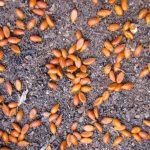 |
Production, characterization, and potential uses of maitén seed oil (VRI 2016 – 2018)Maitén is a native Chilean tree, the seeds of which have a high oil contents with possible industrial and medical applications. However, the chemical/bioactive properties of maitén have not been fully characterized, nor have the optimal methods for extracting oils for maitén seeds been described. This study seeks to address these knowledge gaps. |
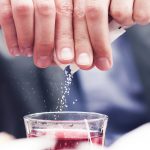 |
Effect of non-nutritive sweeteners on the metabolism and intestinal microbiota (VRI 2016 -2018)
The use of non-caloric sweeteners as a method for controlling bodyweight and glycemia is under debate. Some studies suggest that the consumption of sweeteners reduces glucose tolerance, as related to alterations in the intestinal microbiota. This pilot clinical trial is analyzing the effects of sucralose consumption on the microbiota and glycemic control of health volunteers. |
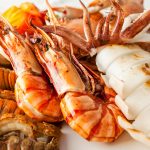 |
FISHEXTEND: Edible film enriched with natural active compounds that extend the shelf life of fresh fish and shellfish (VIR Patenting Challenge 2016- 2017)FishExtend: Extending the shelf life of fresh fish fillets with natural ingredients, without changing taste, color, or texture (VRI Accelerating Challenge 2017): Thanks to the successful development of an edible polymeric film that extends the shelf life of fresh fish and shellfish (a relevant sector for the national economy), work is ongoing to accelerate the commercialization and protect the intellectual property of this product, all with the support of the Vice-Rector of Research. |




 Español
Español
